[ad_1]
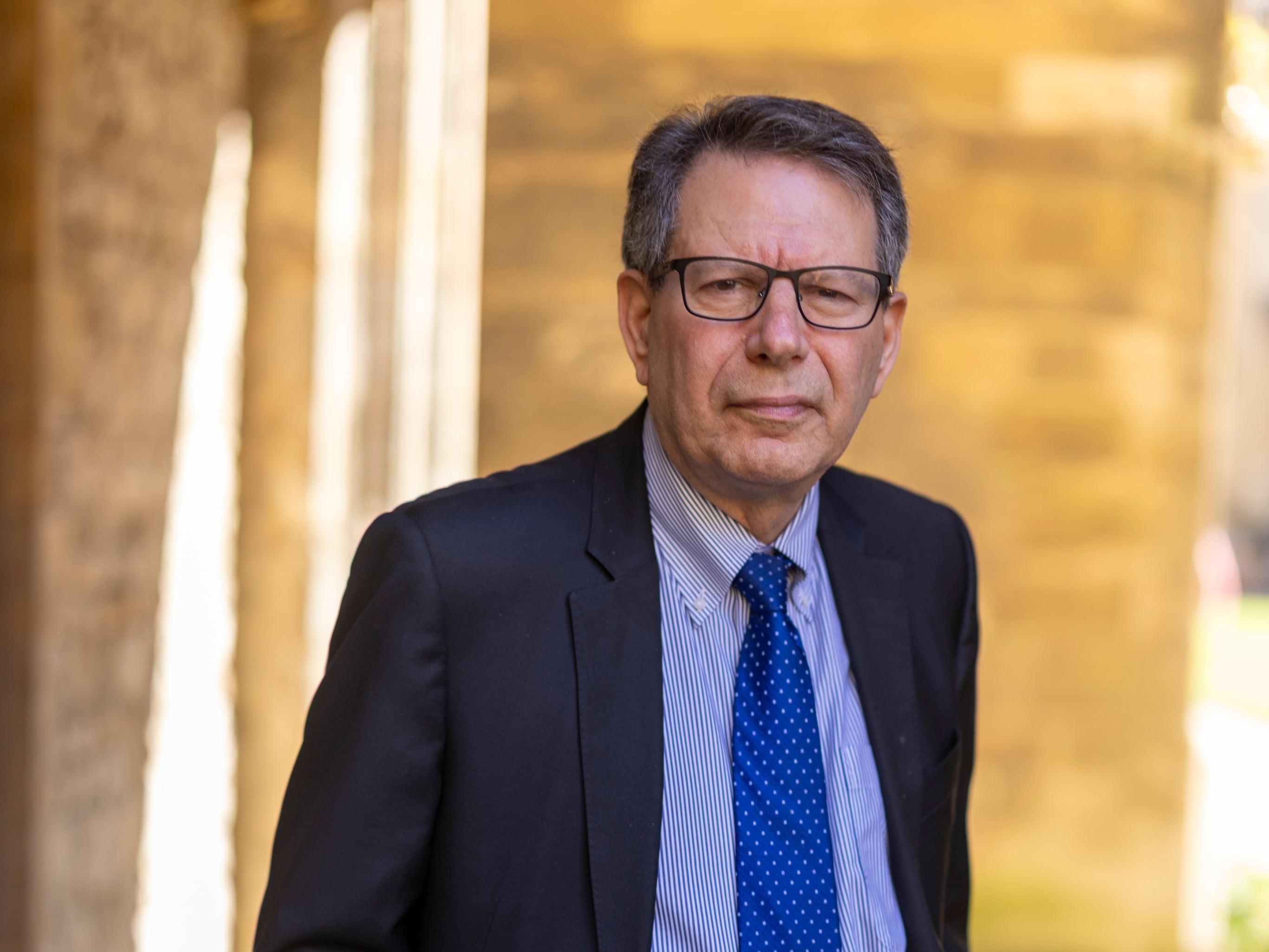
Robert D. Kaplan (New York, 1952), one of the most important geopolitical analysts of recent times, poses questions that have no answers… at least not yet. “For 80 years, Europe was in a state of dependency on the United States for its security protection. In other words, its politicians were raised in an atmosphere of dependency, just administering social welfare programs, not caring about defense that much,” he explains. That era of comfort seems to be coming to an end with Donald Trump as a resident of the White House. Now the question is whether Europe can unify without the American umbrella. “Will old-fashioned disputes between France and Germany come up? Will France be nervous about Germany re-arming? Will a small country like Slovakia or Belgium be able to prevent every other country from taking some action abroad? Things like that are now going to be important,” he says in a conversation with EL PAÍS.
While Europe tries to show its strength, the world is watching as its largest economy dusts off its imperialist spirit in search of natural resources. “We are entering a new imperial age,” says this expert, who has released a new book, Waste Land: A World in Permanent Crisis. The title is no coincidence: it refers to a poem by T. S. Eliot that deals with collapse, desolation, and loss.
Question. In your book, you draw a parallel between the Weimar Republic [a German regime that emerged after World War I and ended with the rise of Hitler] and the present, in that it is a world in constant crisis. Are we in a kind of global Weimar?
Answer. The Weimar Republic was in a constant state of crisis; there was a lot of instability. Today’s world resembles that scenario. Weimar was a truly permanent crisis. I used Weimar as a way to describe today’s world because technology has defeated distance. We are more connected than ever, and we can’t ignore each other. Crises in the Pacific can affect crises in Europe and the United States in a way that they never used to do. In my book I talk about a permanent crisis, I did not say anarchy or falling into the abyss. So it’s not a totally negative vision. I see it’s just struggling with one crisis after another.
Q. Does the fight over critical minerals reinforce the analogy?
A. Critical minerals are an entirely new phenomenon. We are entering a new imperial age that will be defined by great regional powers. It will be greater North America with the United States exerting influence from Greenland to Panama in one form or another. A Russia which is interested in more territory, and China which wants to subdue Taiwan and gain more influence in the Western Pacific. And these three powers in different ways will compete. The United States will compete with China for influence in Latin America, for instance, which used to be America’s backyard. But now there is a significant amount of Chinese influence there.
Q. Where does Europe fit into this global struggle?
A. Since the beginning of the Middle East crisis, which began on October 7, 2023 [when Hamas attacked Israel and the latter launched a military offensive against Gaza in response], the U.S., Russia, and Iran had big impacts, while Europe had almost no impact. It was the first major international crisis where nobody really considered what Europe thought. Benjamin Netanyahu did not care what the Spanish prime minister said [Pedro Sánchez encouraged recognition of the Palestinian state] or the British prime minister said [that Palestinians should be allowed to return home]. This reflects a trend. For 80 years, Europe has depended on the U.S. for its security. This period seems to be coming to an end with President Donald Trump. We’re entering a world where China, the United States, and Russia are great powers and will compete for other parts of the world. Europe, despite its economic power, is not united enough politically and strategically. There’s talk of creating a European defense system, for example, but what kind of army will emerge? Will it be an army that will actually fight? Or will it be an army like UN peacekeeping troops in southern Lebanon that essentially do nothing? It’s one thing to talk about expanding defense budgets. It’s another thing to actually build a unified military force. Another reason why Europe is divided is that countries like Spain, Portugal, Italy, and Greece are not threatened by Russia to the extent that Poland and Romania and Germany are. This will also contribute to European divisions that will keep Europe internally weak.
Q.What do you think of the U.S. strategy on critical minerals?
A. It’s amoral. Not immoral. It’s similar to the realpolitik of China and Russia, in a way. Since 1945, the U.S. has been a world power and projected a liberal worldview based on human rights and democracy. The Trump administration isn’t interested in that, which is a big change, especially for Europe, because what united Europe with the United States had been a series of what political scientists call norms, proper behavior, as I would put it. The U.S. is now seeking new resources [in other territories]. It’s not colonialism because the Trump administration does not want to rule over people. It’s a new form of imperialism.
Sign up for our weekly newsletter to get more English-language news coverage from EL PAÍS USA Edition
[ad_2]
Source link

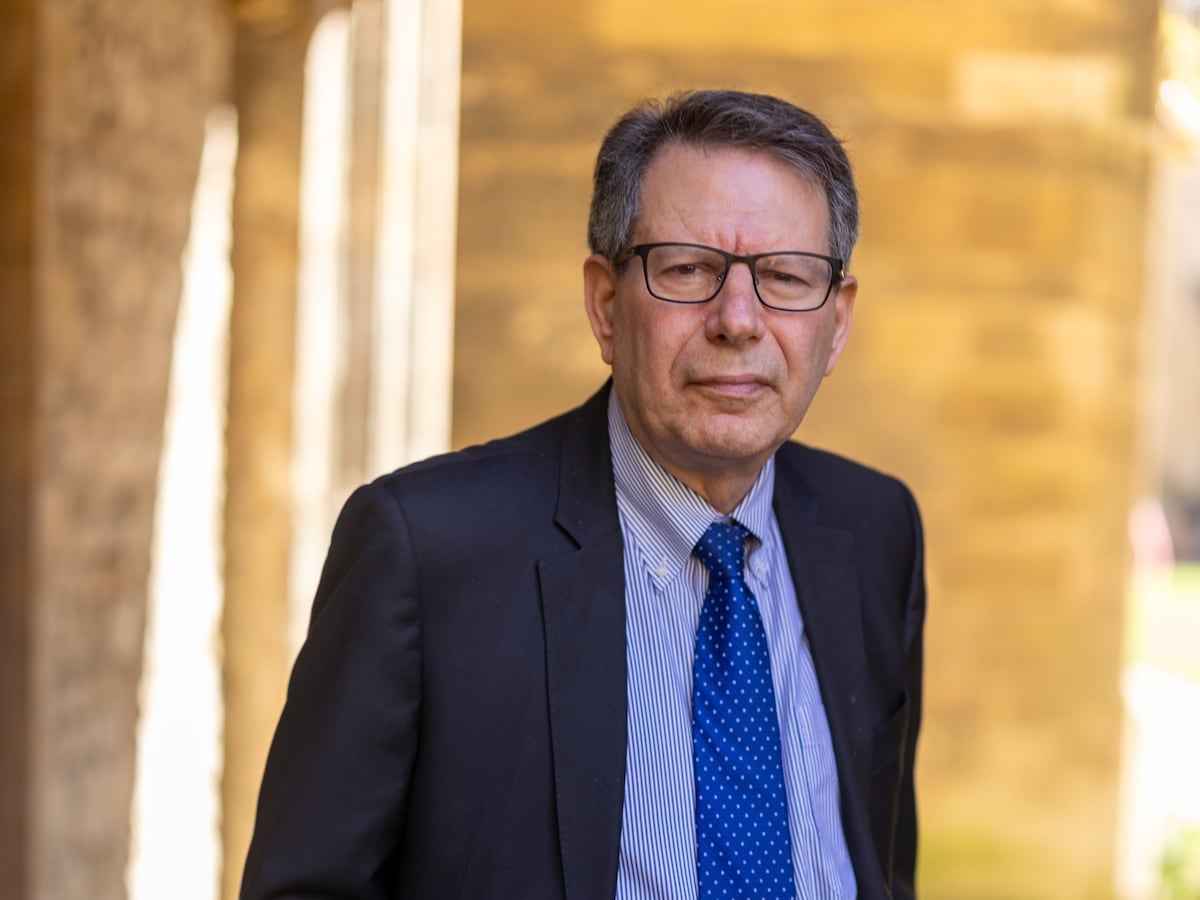
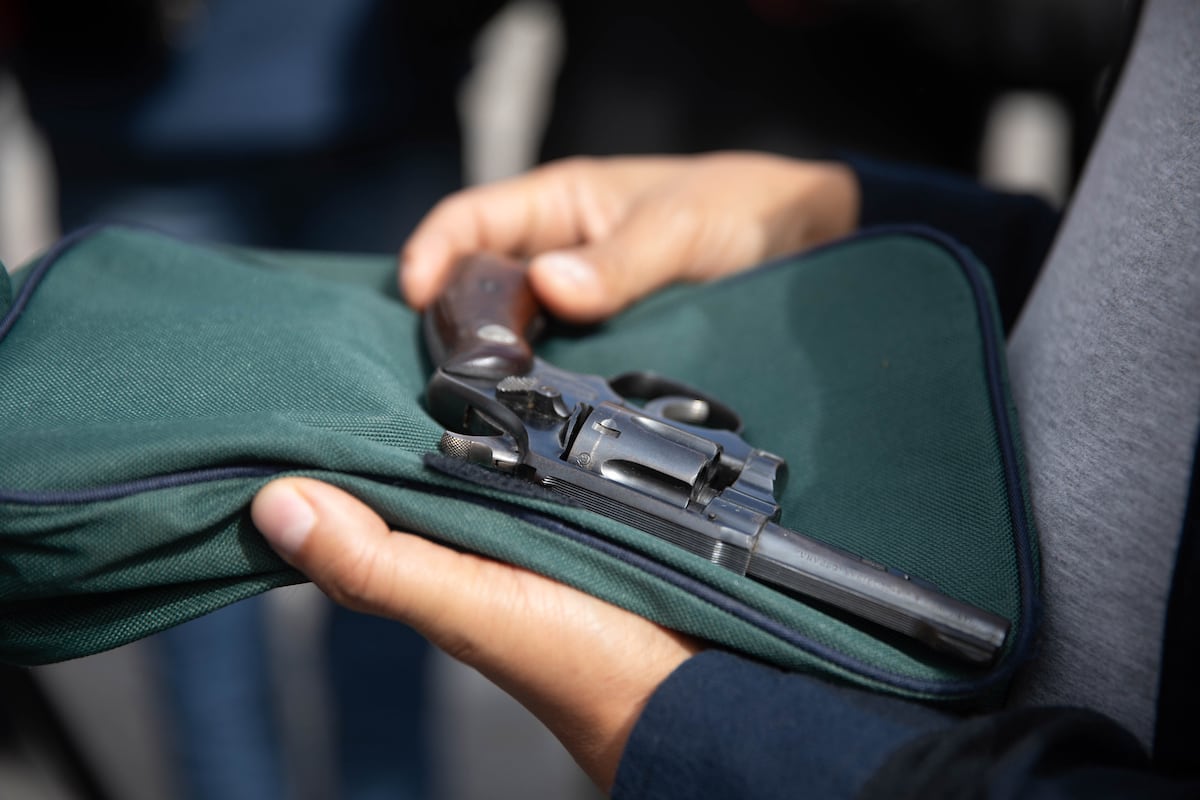
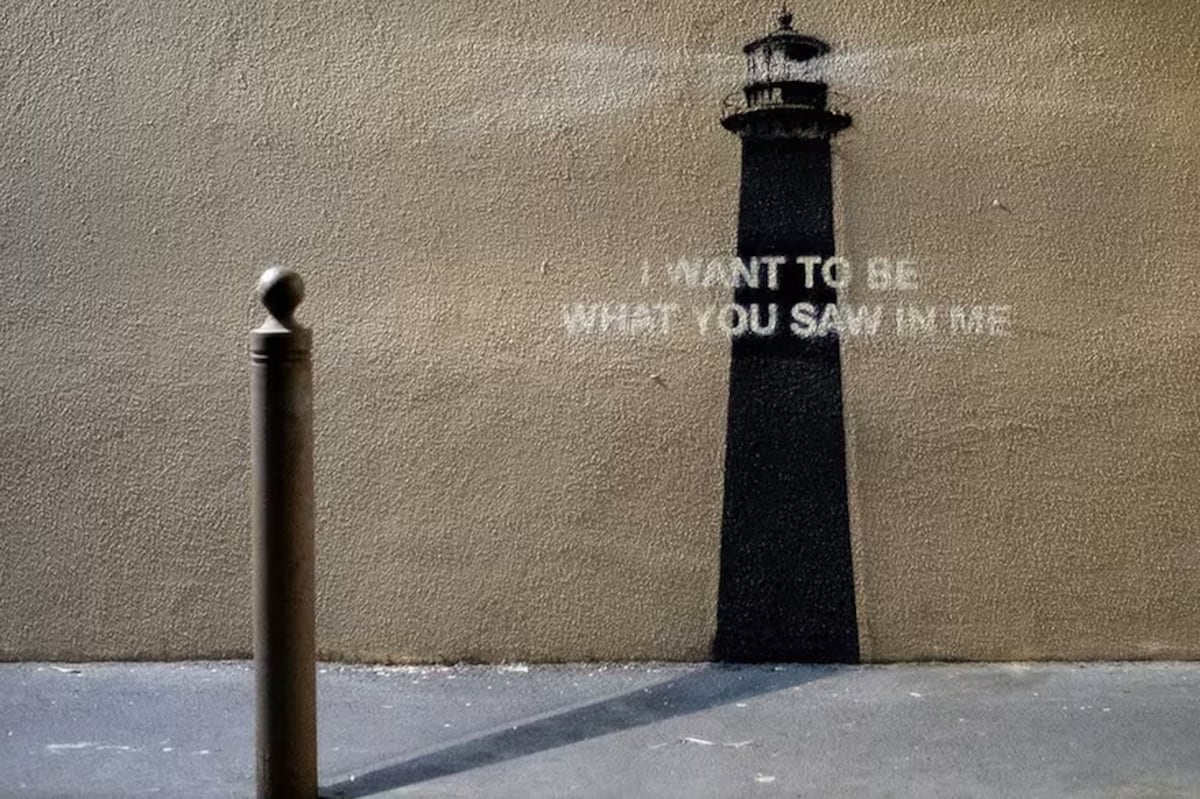

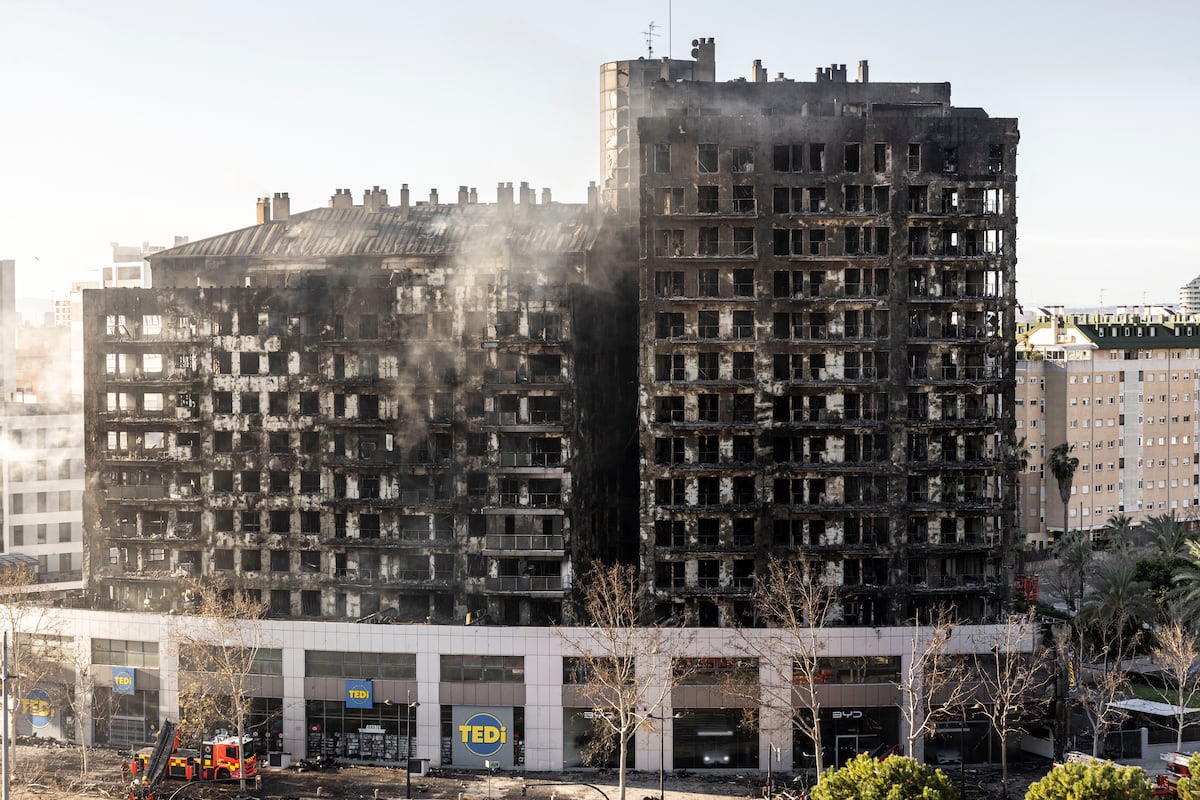

Comentarios